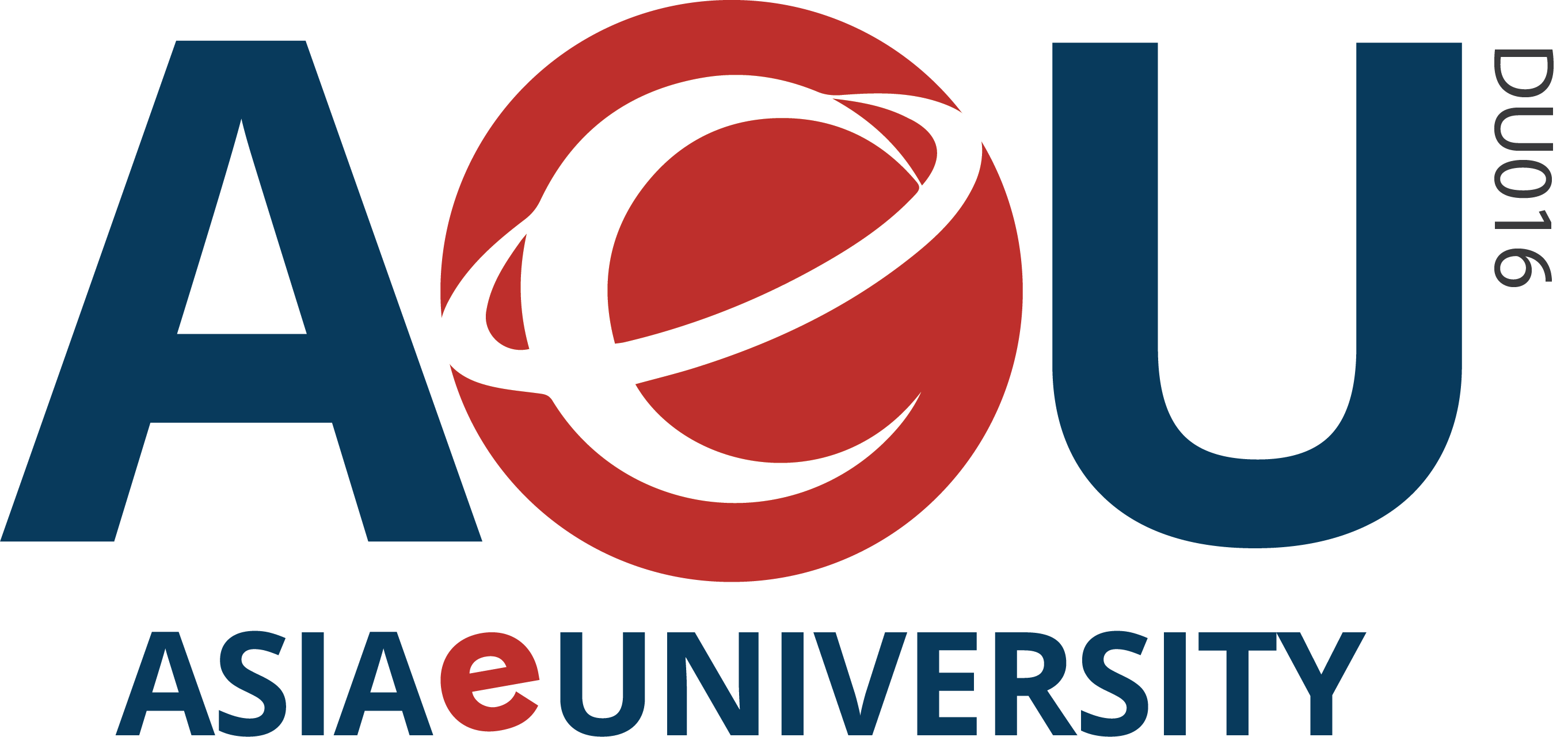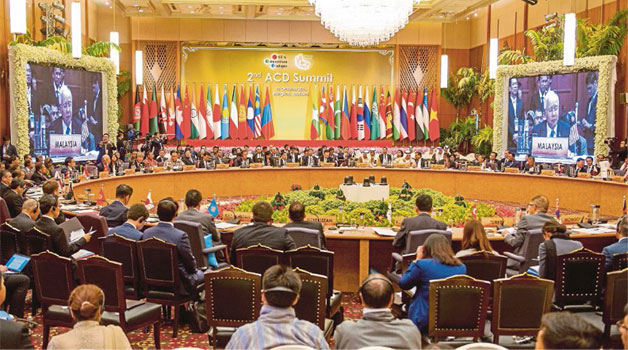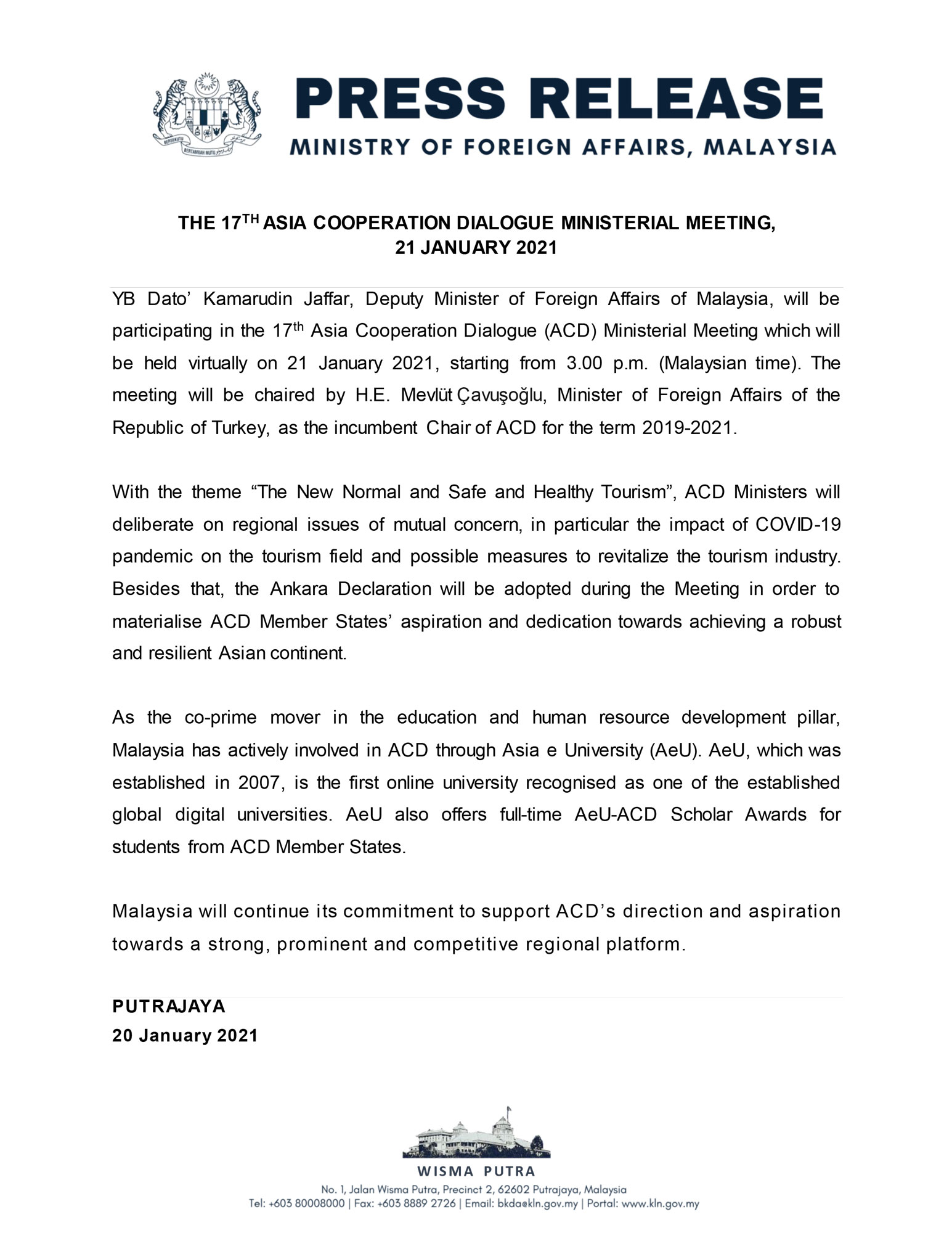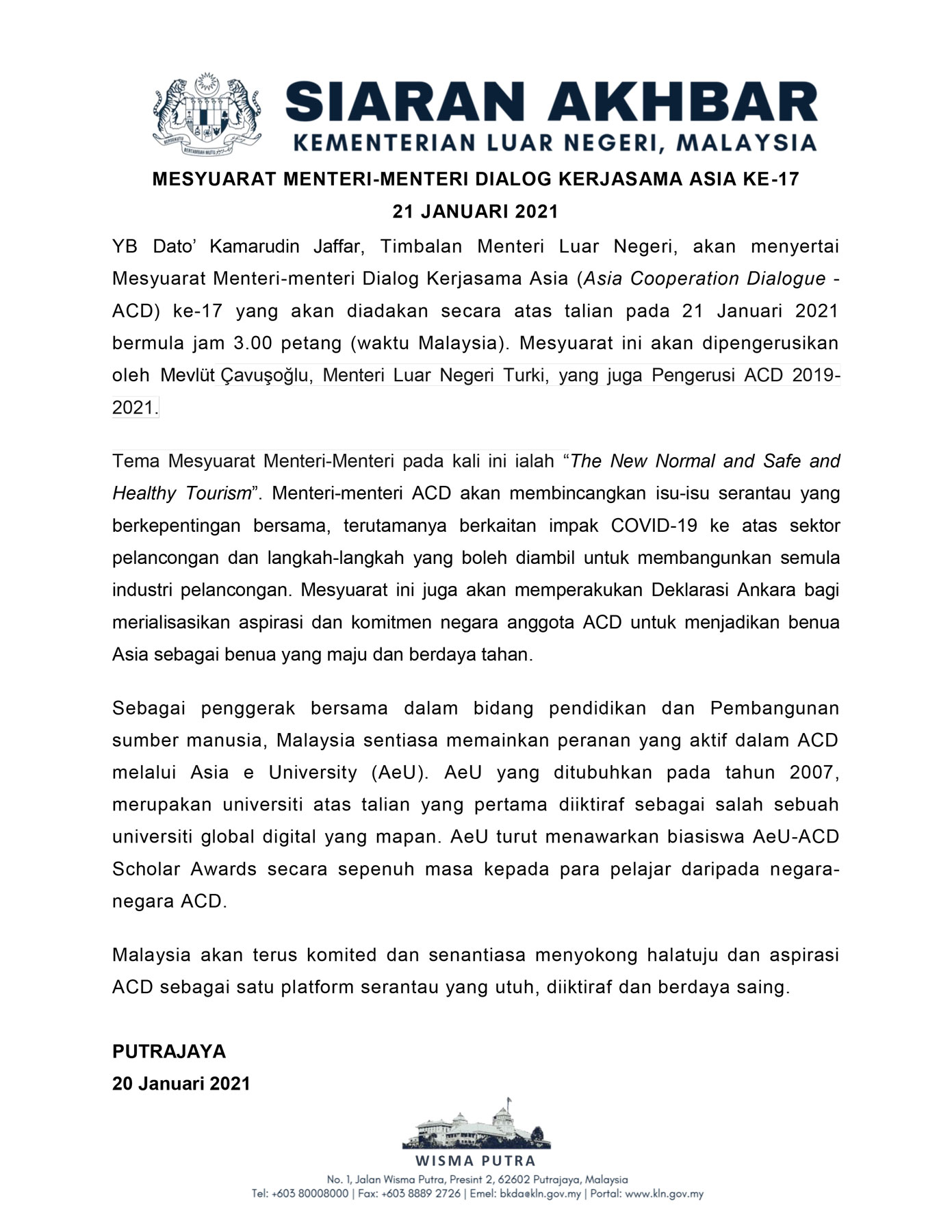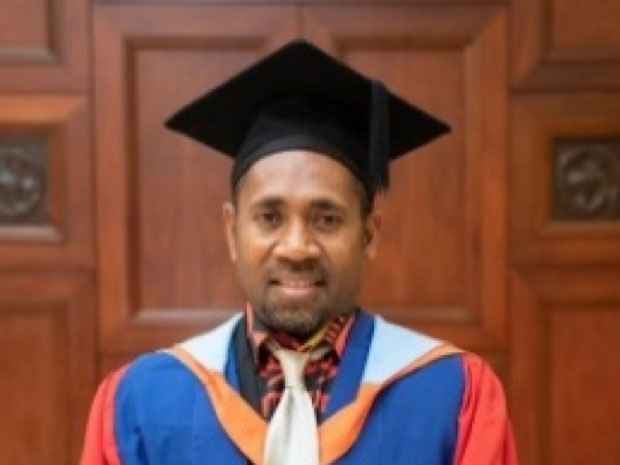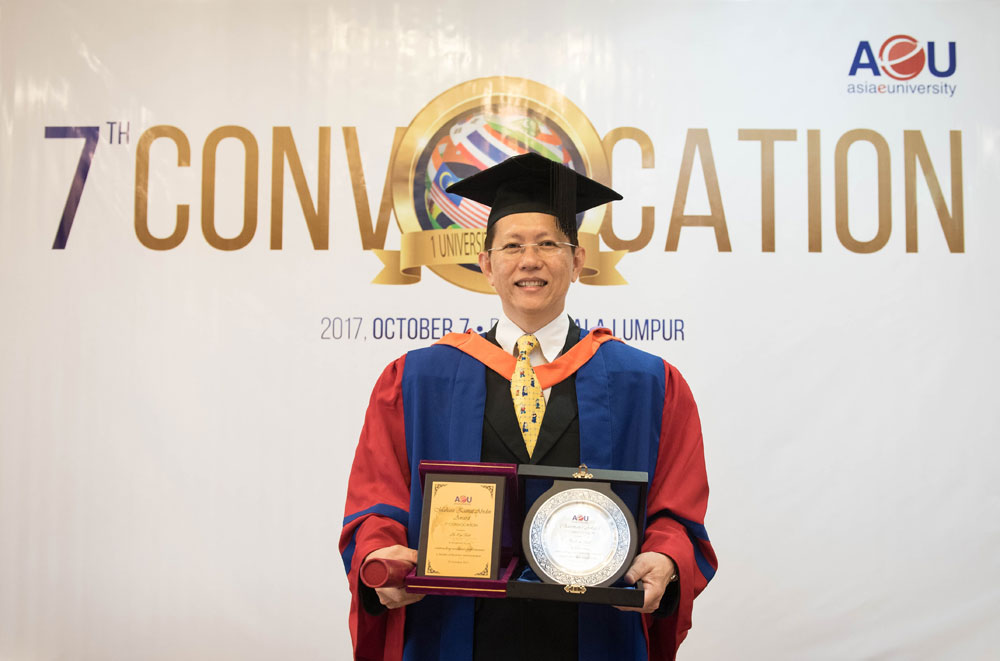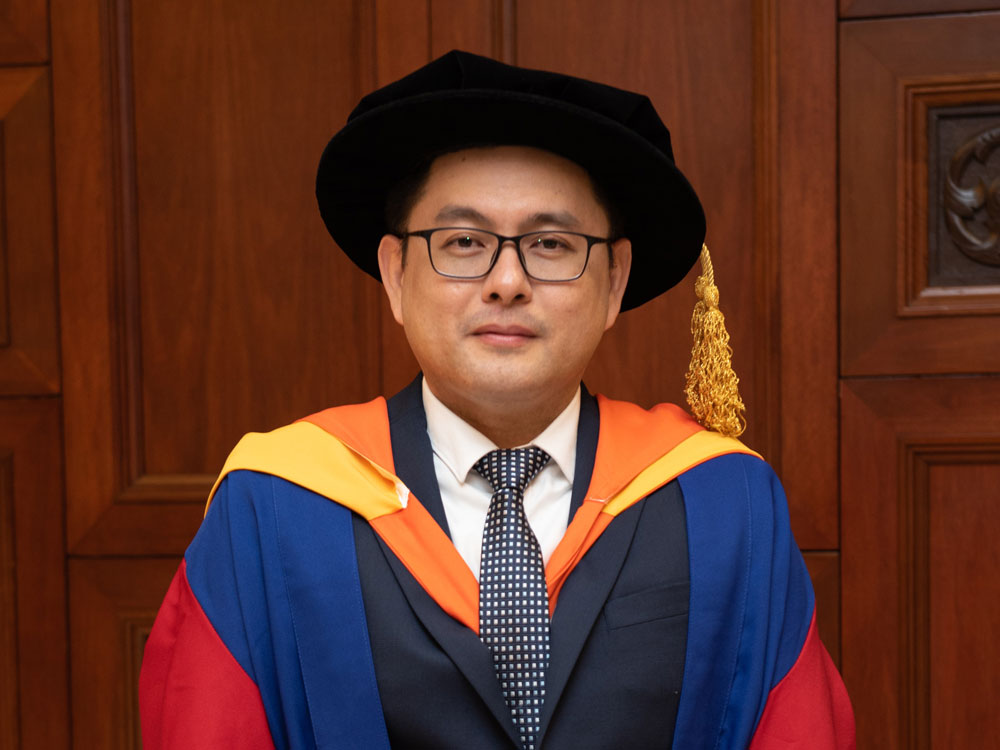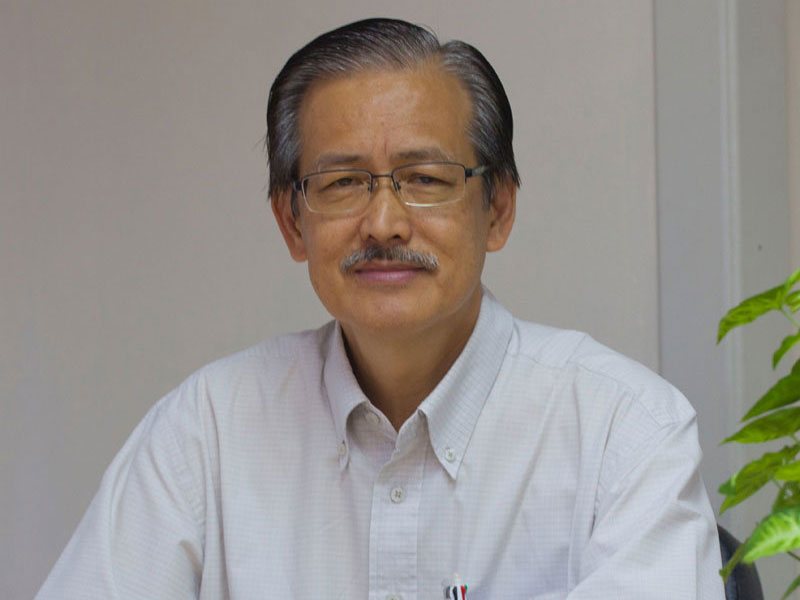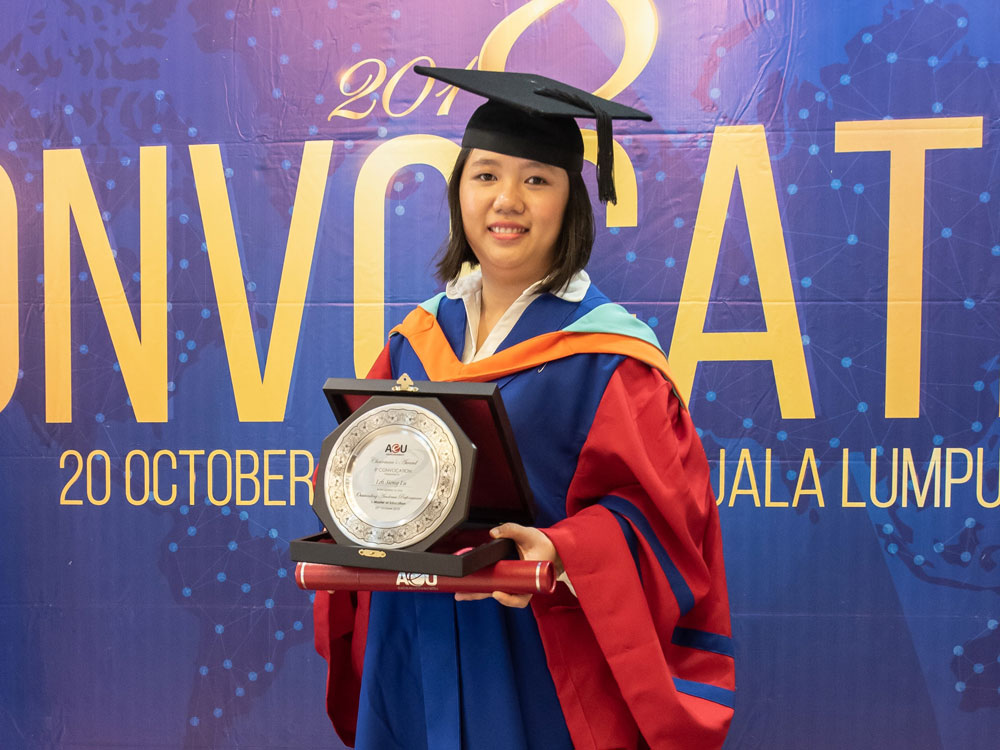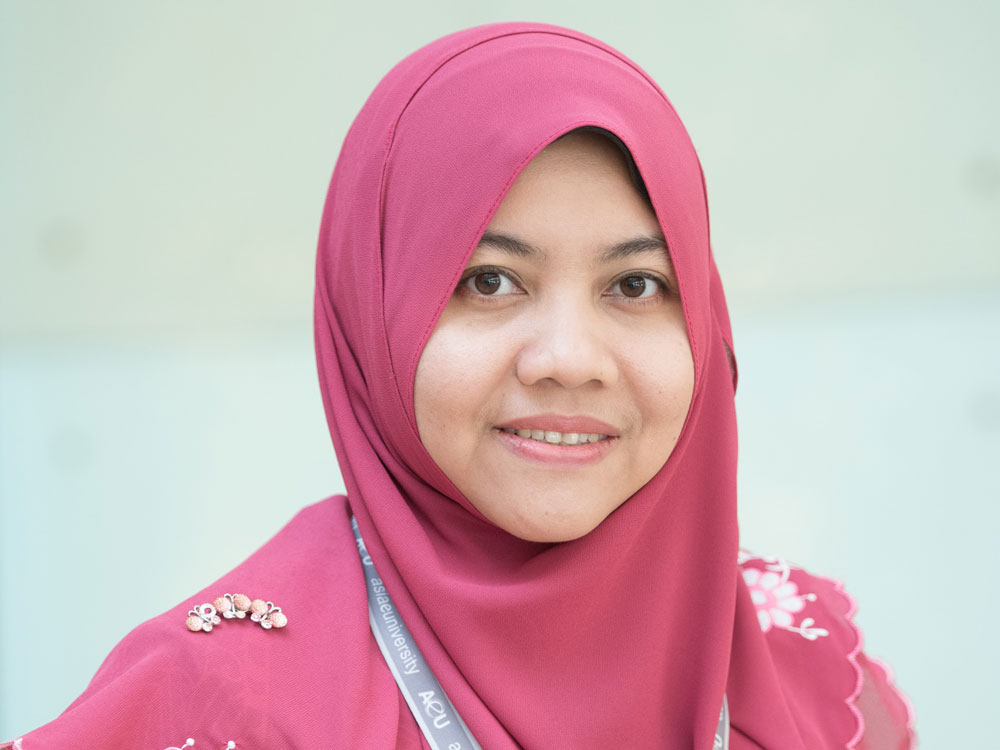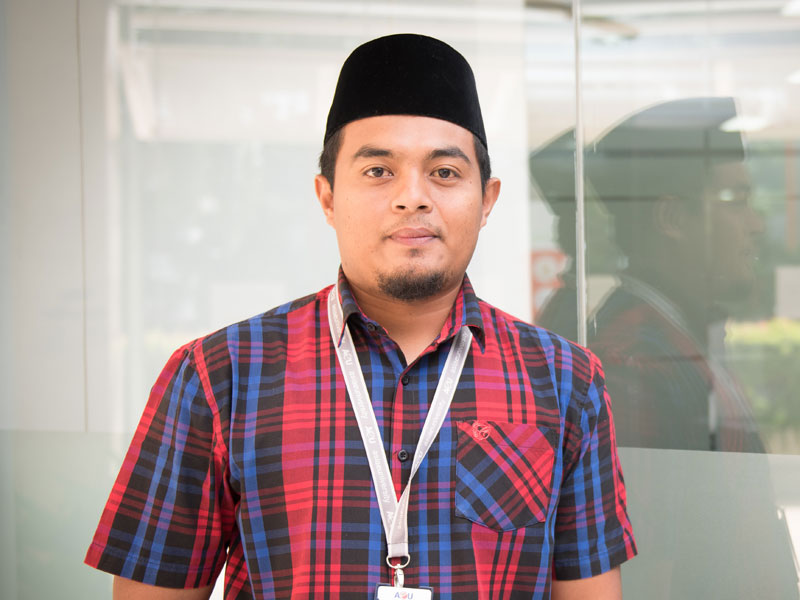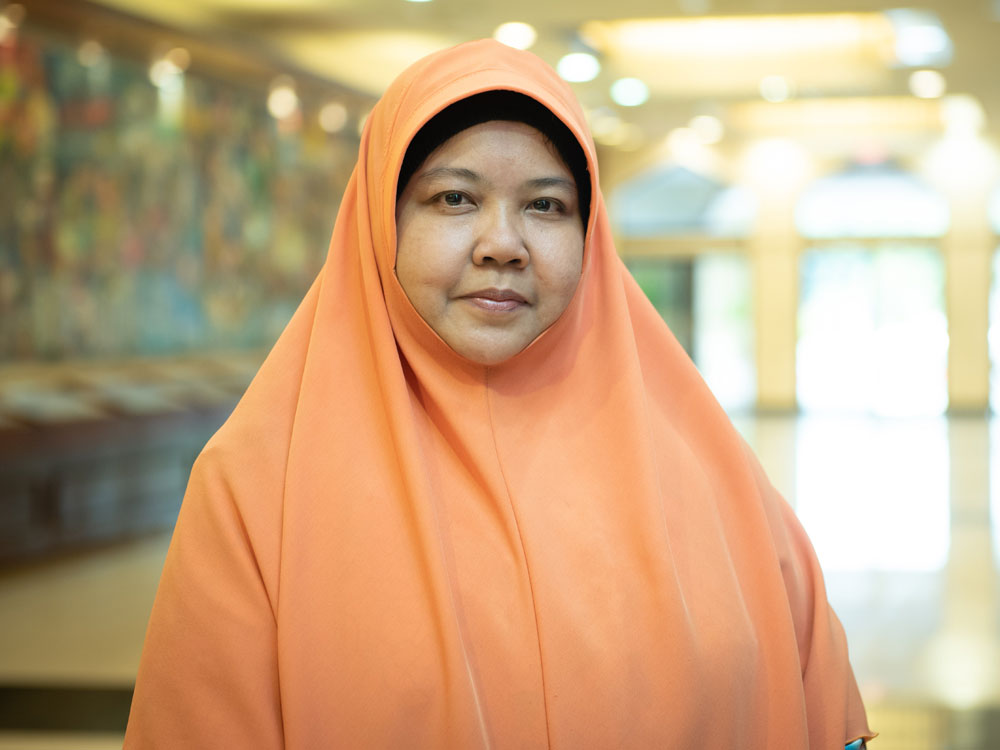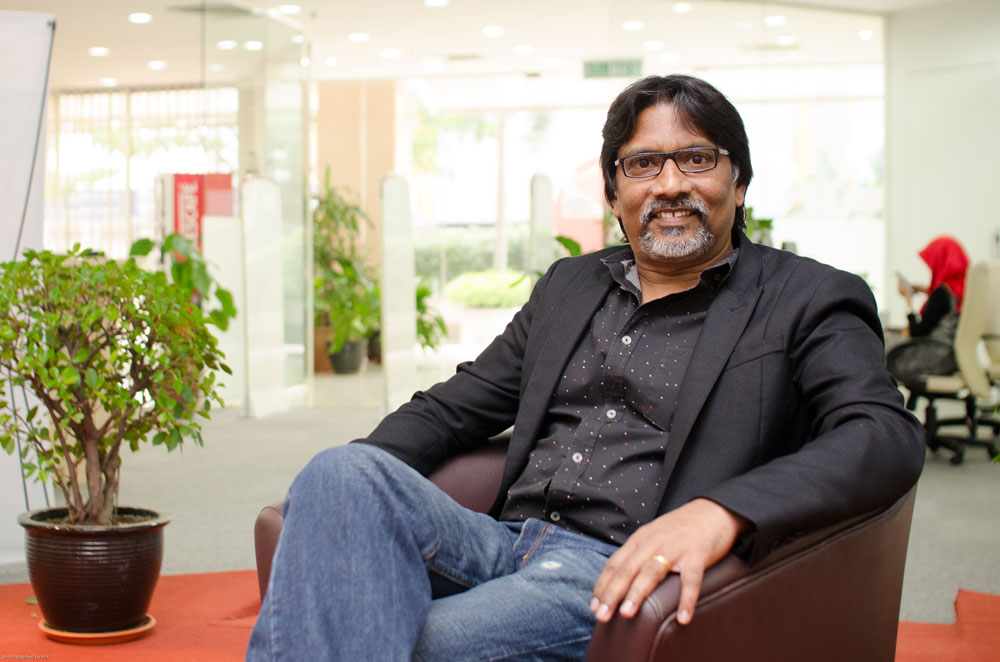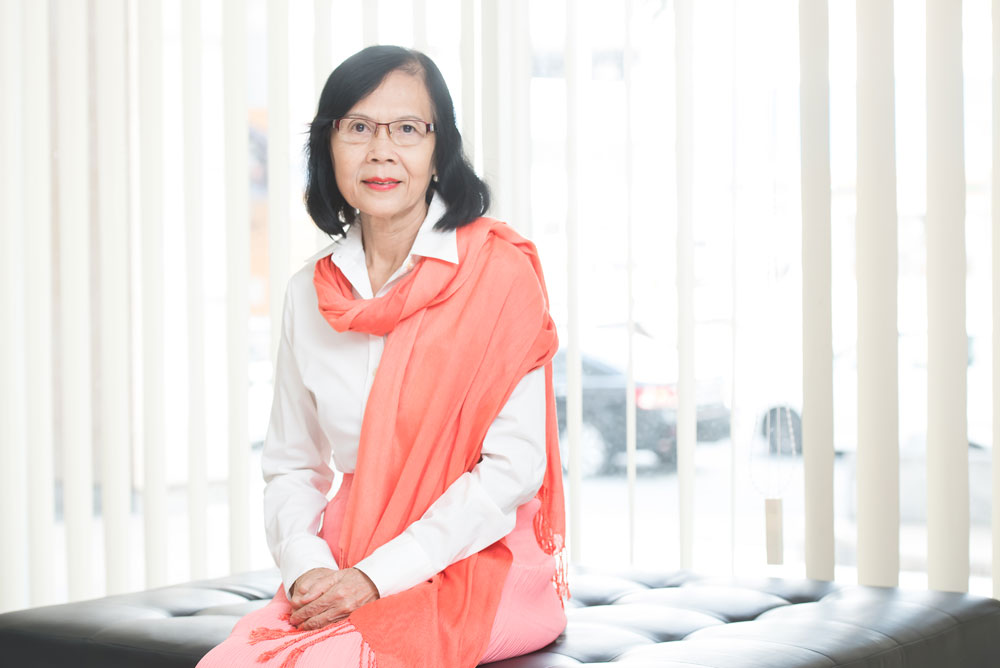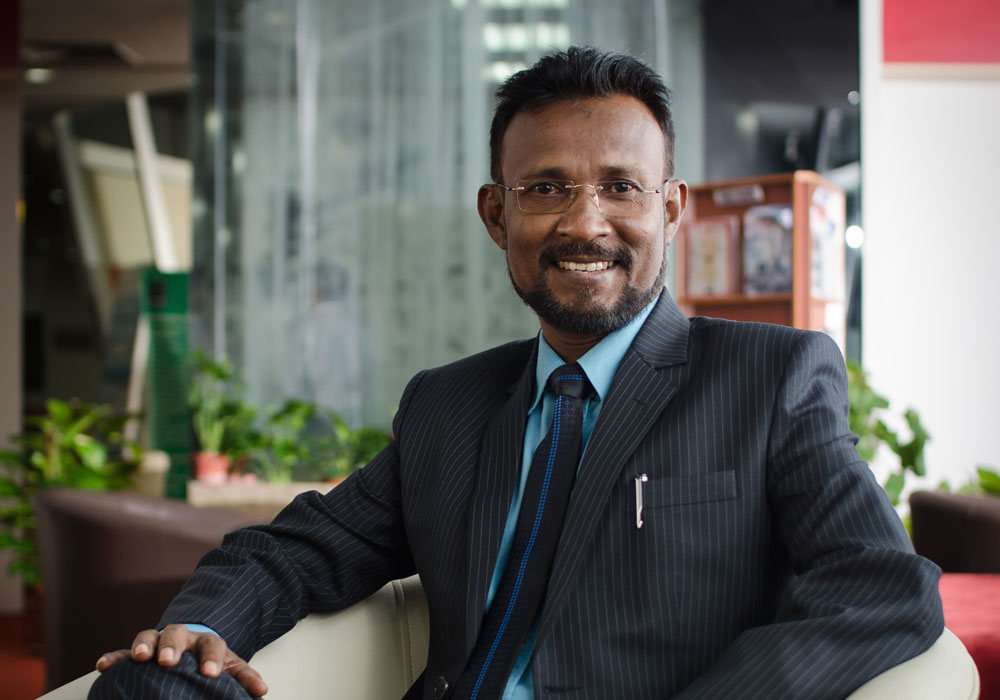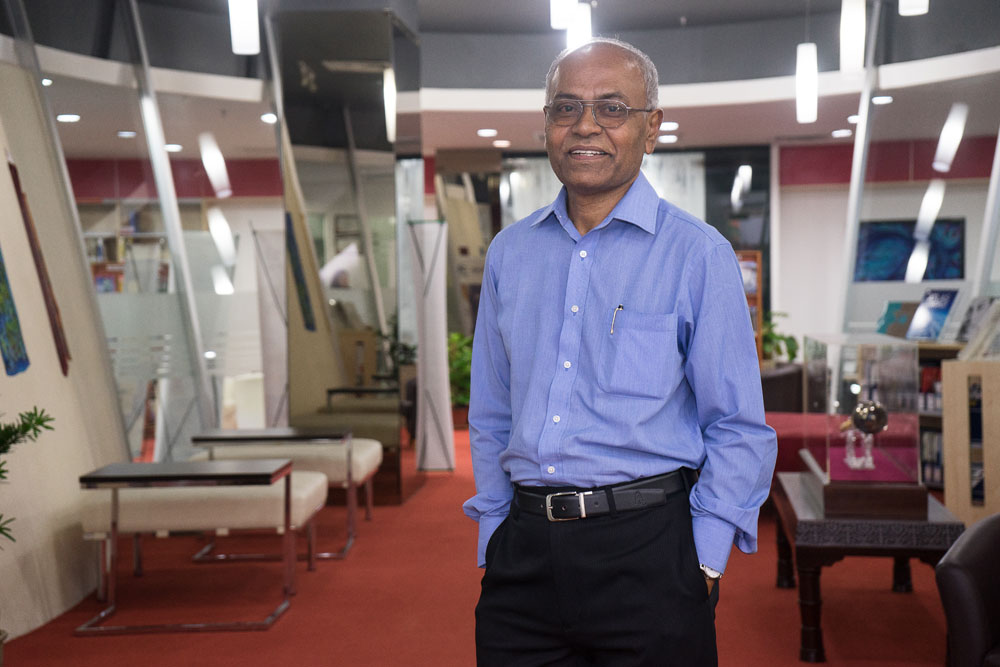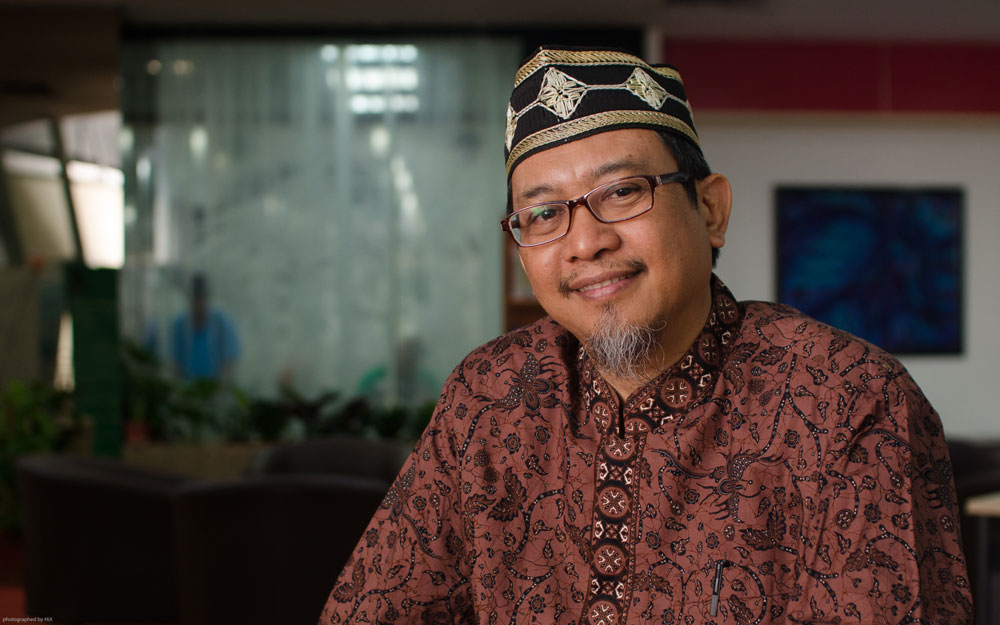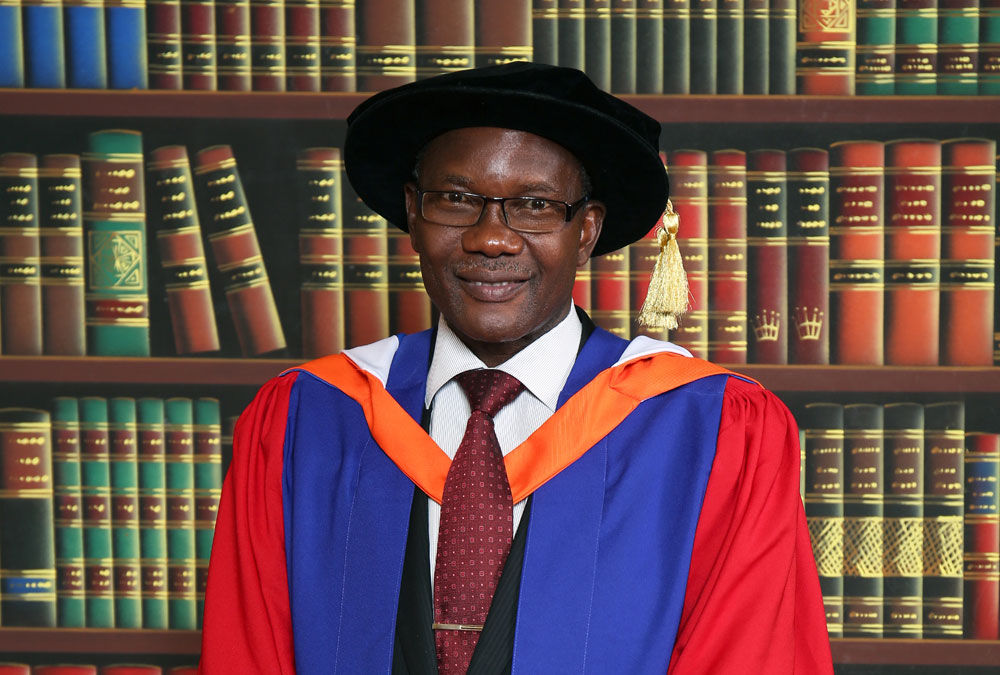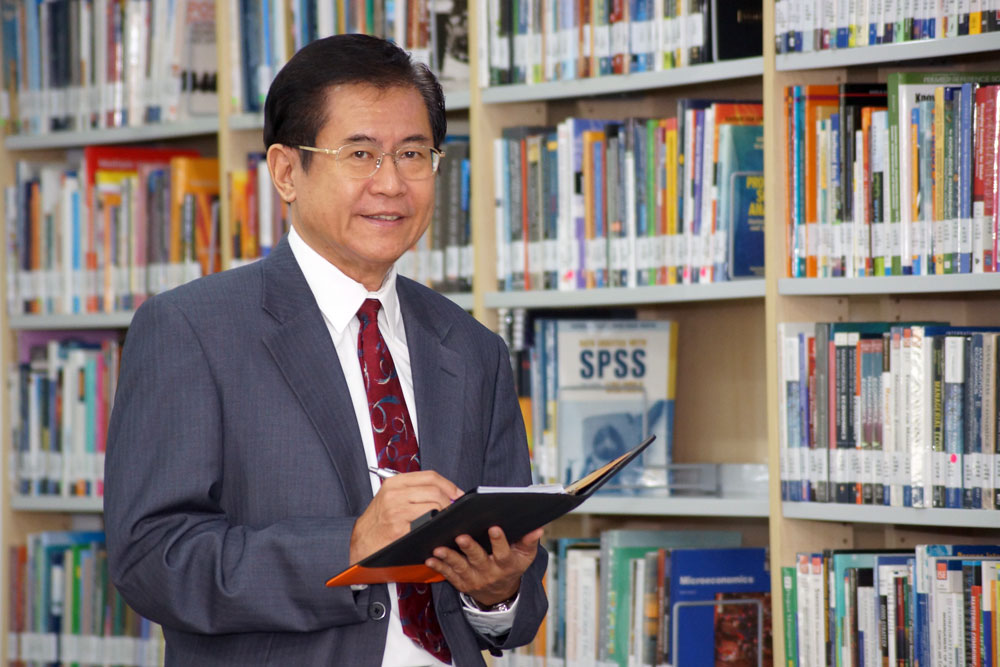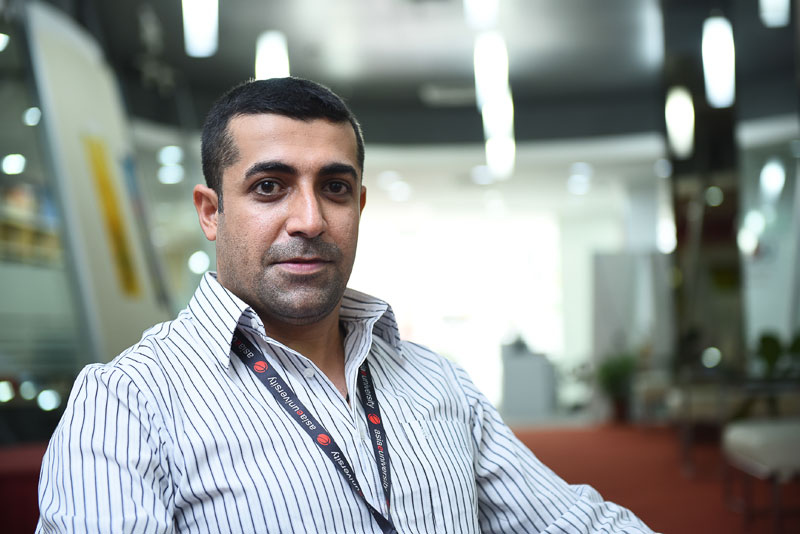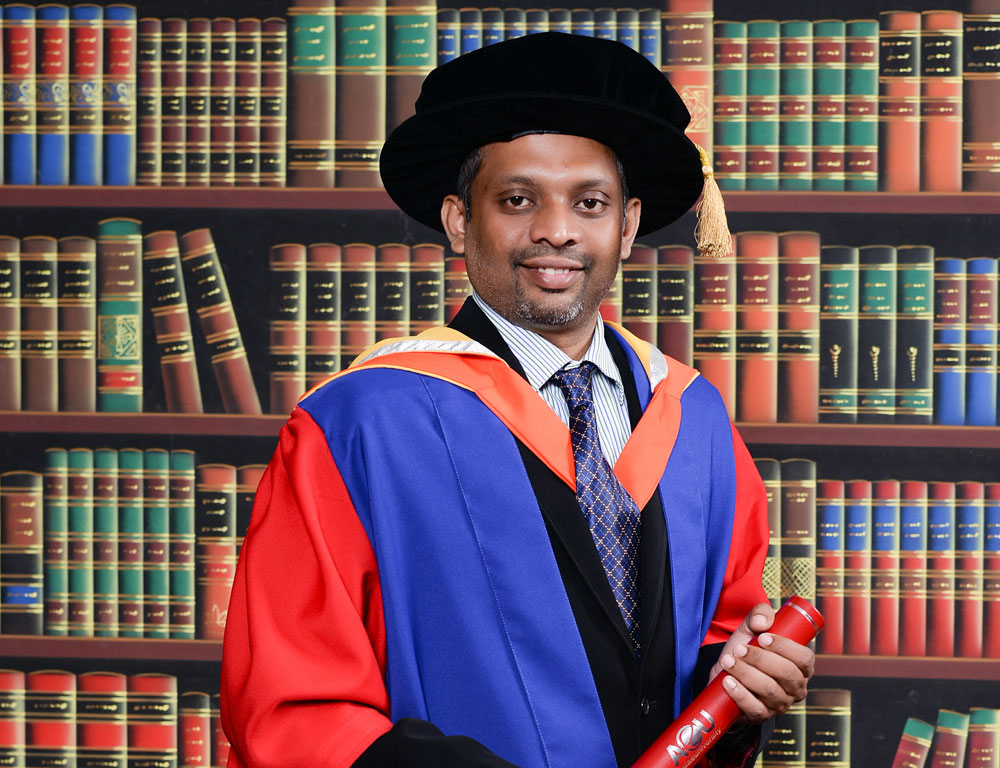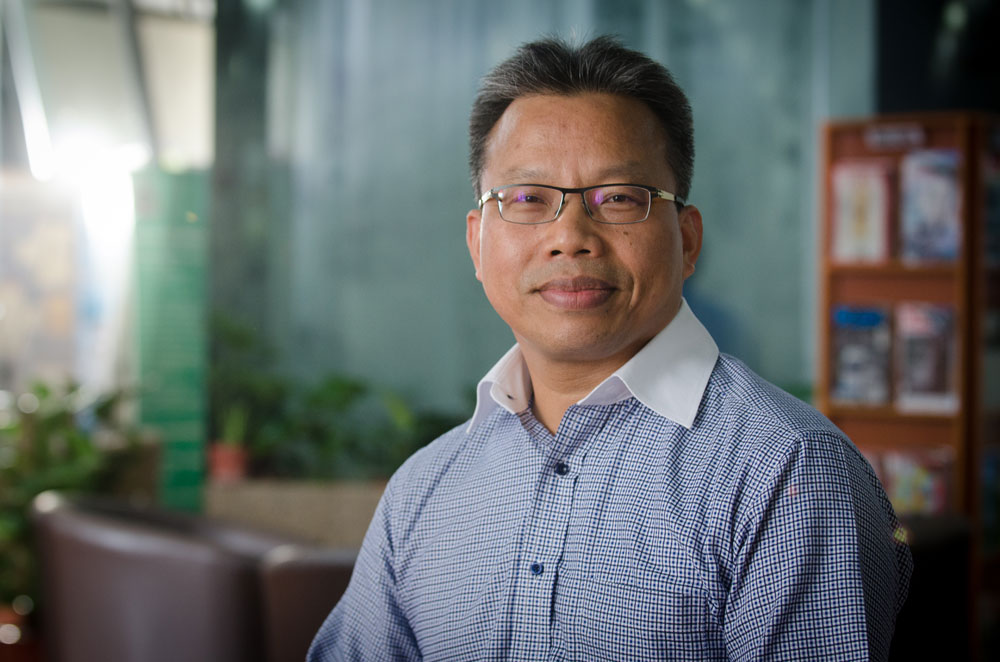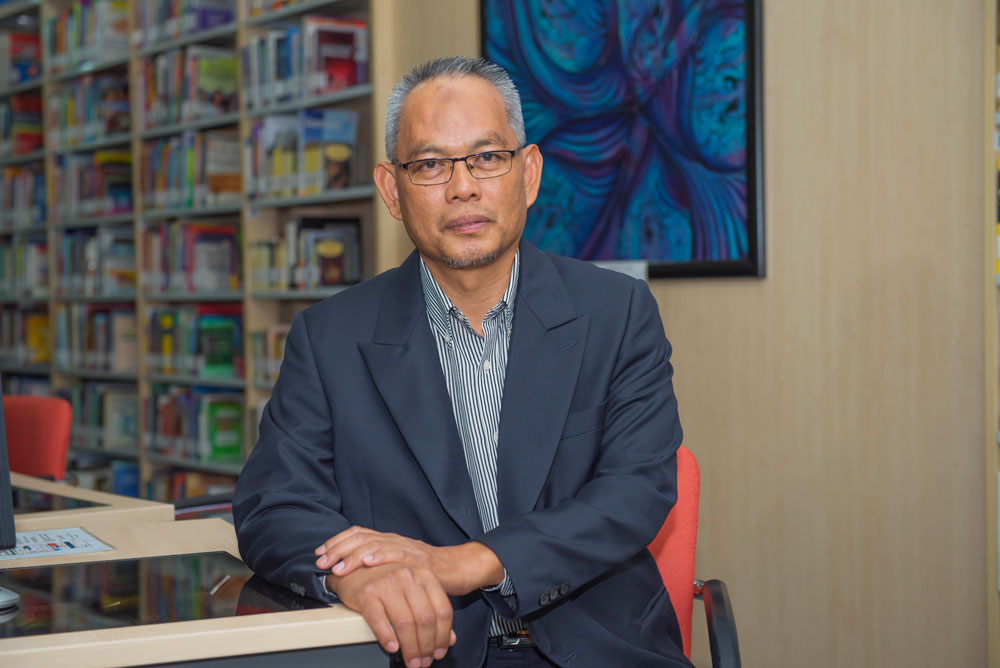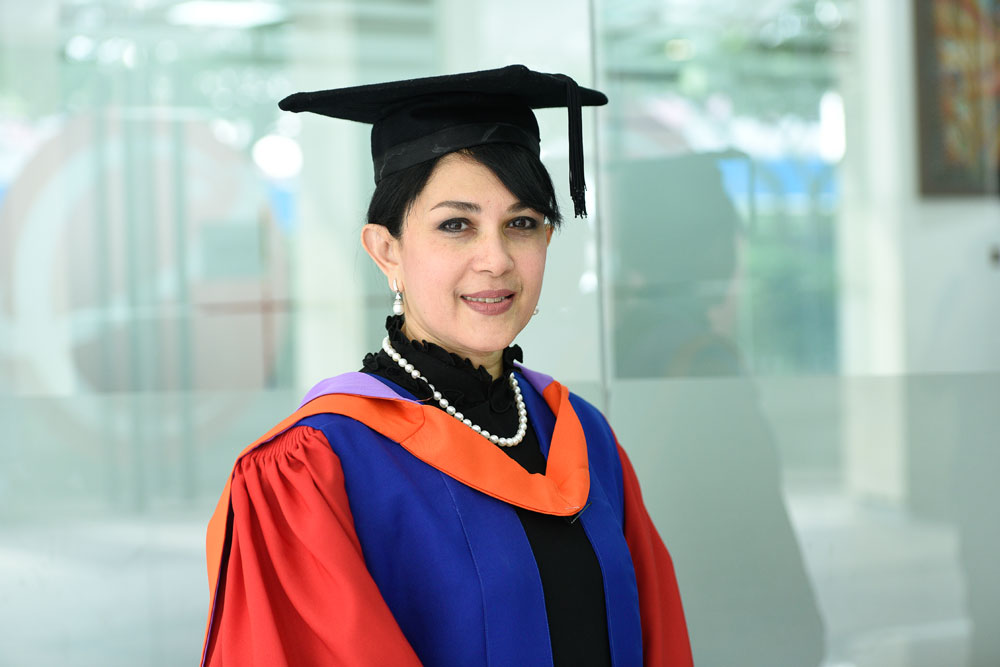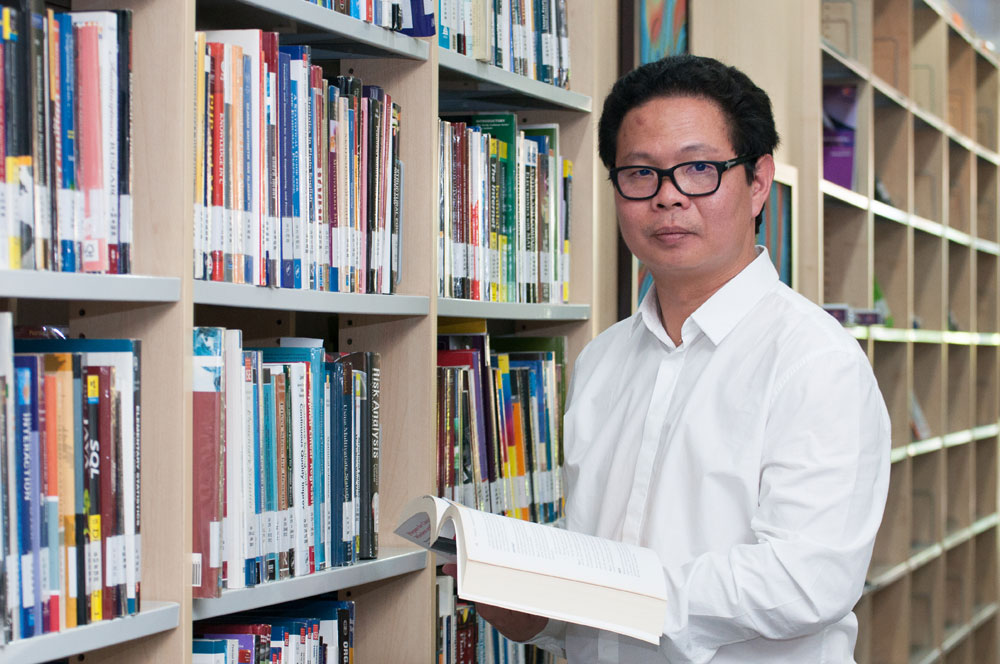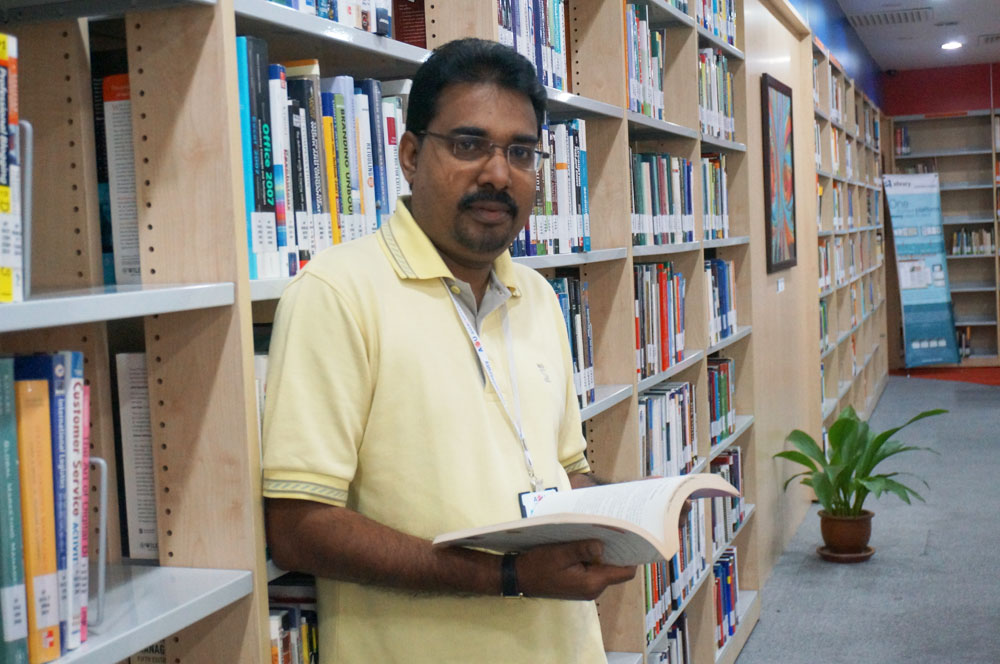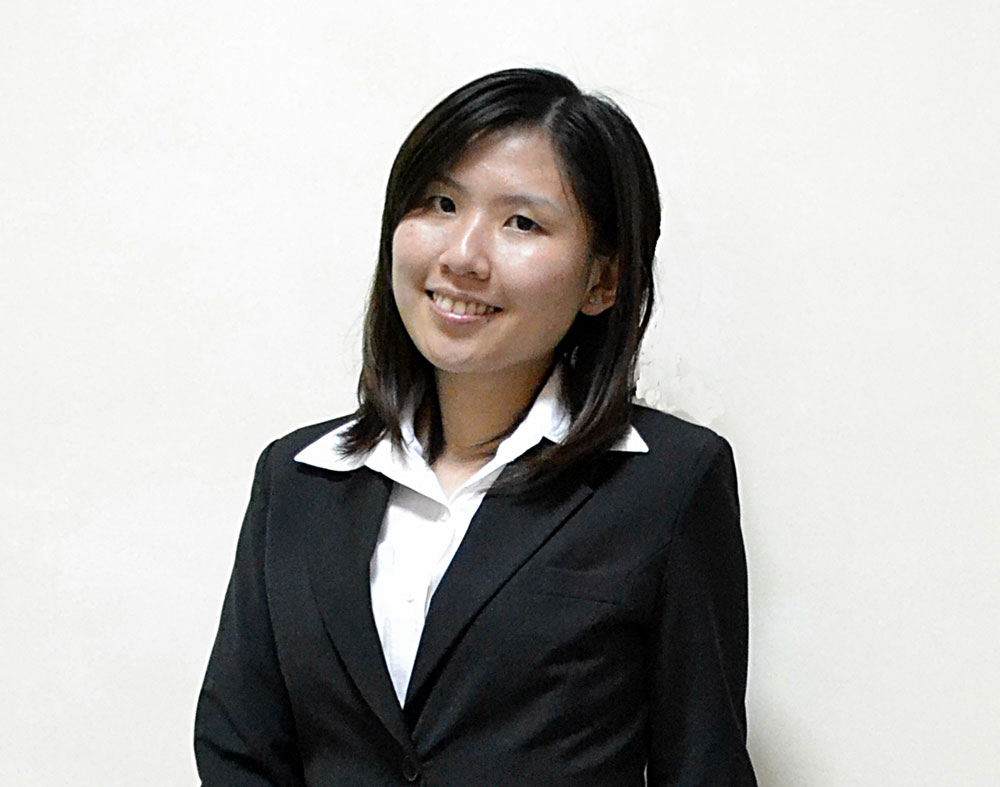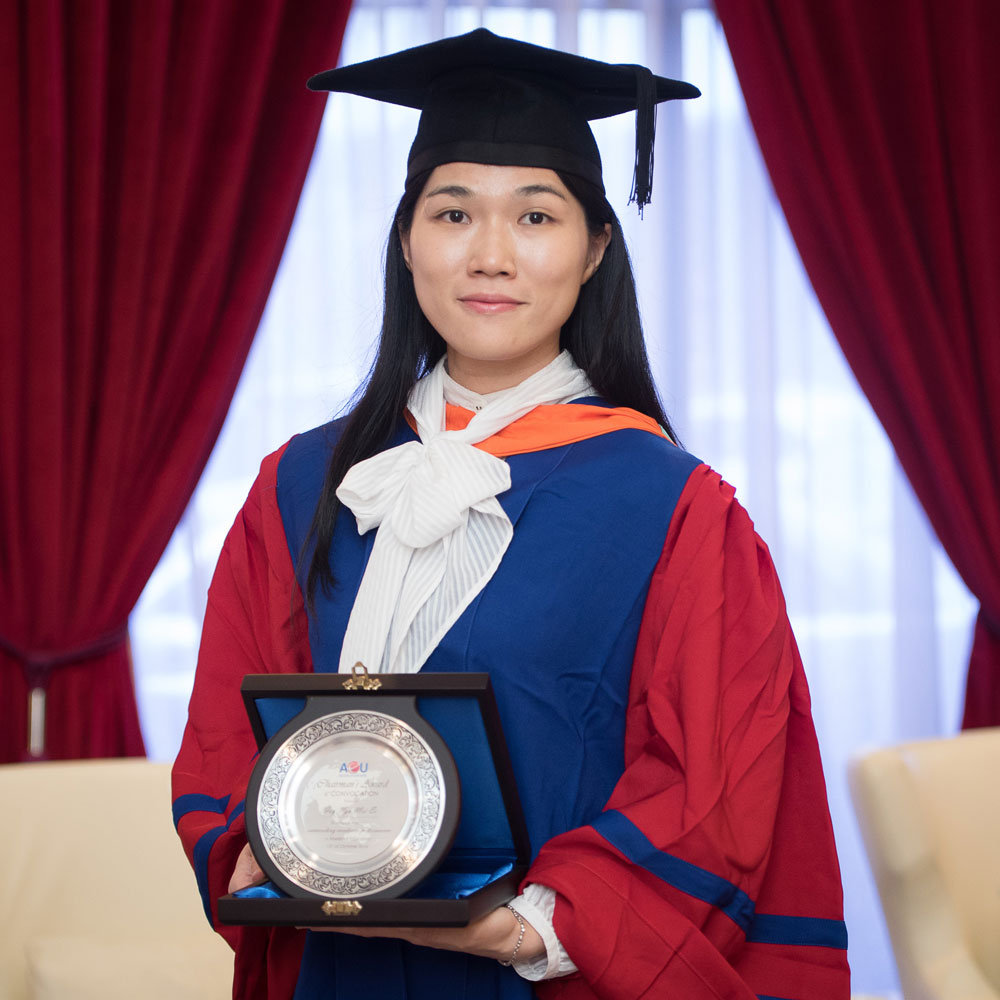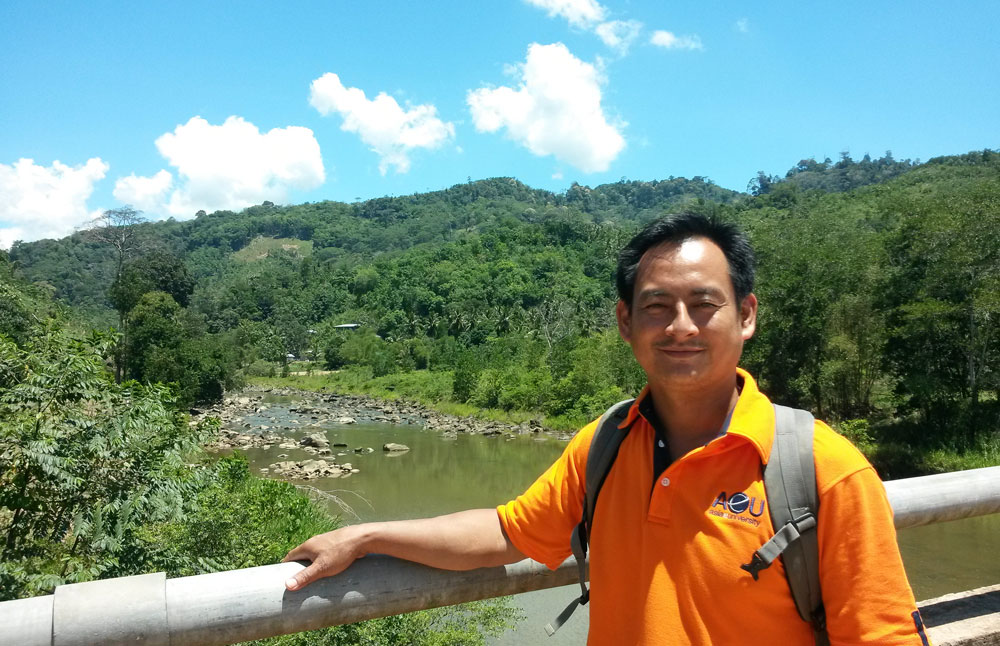Asia Cooperation Dialogue
- About ACD
- The Establishment of AeU Under ACD
- The Recognition of AeU under ACD
- Press Release January 2021
Introduction
The Asia Cooperation Dialogue (ACD) was inaugurated in June 2002 in Cha-Am, Thailand, where 18 Asian Foreign Ministers met together for the first time. The ACD is a continent-wide forum, the first of its kind in Asia. More specifically, the ACD aims to constitute the missing link in Asia by incorporating every Asian country and building an Asian Community without duplicating other organizations or creating a bloc against others. A key principle is to consolidate Asian strengths and fortify Asia’s competitiveness by maximizing the diversity and rich resources evident in Asia. The core values of the ACD are positive thinking; informality; voluntarism; non-institutionalization; openness; respect for diversity; the comfort level of member countries; and the evolving nature of the ACD process.
Since its inception, the ACD has rapidly developed in two dimensions, namely, dialogue and projects.
On the dialogue dimension, ACD Ministers have met annually at the ACD Ministerial Meetings to discuss ACD developments, issues of regional cooperation and ways to enhance and solidify Asian unity. In between, Foreign Ministers also meet on the sidelines of the UN General Assembly in September to update each other on the progress of ACD project cooperation, to hold constructive discussions on international issues of concern and to strengthen the ‘voice of Asia’ in the international arena.
On the projects dimension, currently, many countries have proposed to be prime movers in 20 areas of cooperation, such as energy, agriculture, biotechnology, tourism, poverty alleviation, IT development, e-education and financial cooperation.
At the community level, Thailand hosted the First ACD Think Tanks Symposium in December 2004 and has put together an ACD Think Tank Network composed of academic institutions, development networks and research groups nominated by ACD countries to serve as the academic arm of ACD. The objectives are to conduct in-depth study and support the development of the ACD as well as facilitate prime mover projects.
Thailand initiated the ACD to be a continent-wide cooperative framework guided by positive thinking and the comfort level of participants. The ACD aims to consolidate Asian strengths and fortify Asia’s competitiveness by maximizing the diversity and rich resources in Asia.
Currently, the ACD comprises 34 countries: Bahrain, Bangladesh, Brunei Darussalam, Bhutan, Cambodia, China, India, Indonesia, Iran, Japan, Kazakhstan, Republic of Korea, Kuwait, Kyrgyz Republic, Lao PDR, Malaysia, Mongolia, Myanmar, Pakistan, Philippines, Oman, Qatar, Russia, Saudi Arabia, Singapore, Sri Lanka, Tajikistan, Thailand, United Arab Emirates, Uzbekistan, Vietnam, Afghanistan, Turkey and Nepal.
Objectives of ACD
To promote interdependence among Asian countries in all areas of cooperation by identifying Asia’s common strengths and opportunities which will help reduce poverty and improve the quality of life for Asian people whilst developing a knowledge-based society within Asia and enhancing community and people empowerment;
To expand the trade and financial market within Asia and increase the bargaining power of Asian countries in lieu of competition and, in turn, enhance Asia’s economic competitiveness in the global market;
To serve as the missing link in Asian cooperation by building upon Asia’s potentials and strengths through supplementing and complementing existing cooperative frameworks so as to become a viable partner for other regions;
To ultimately transform the Asian continent into an Asian Community, capable of interacting with the rest of the world on a more equal footing and contributing more positively towards mutual peace and prosperity.
ACD Member Countries
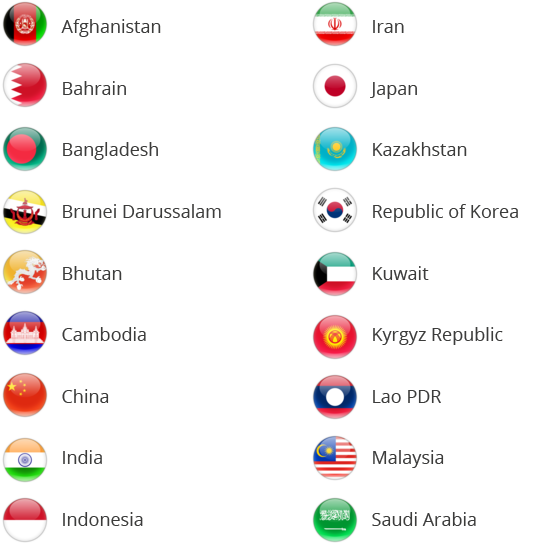
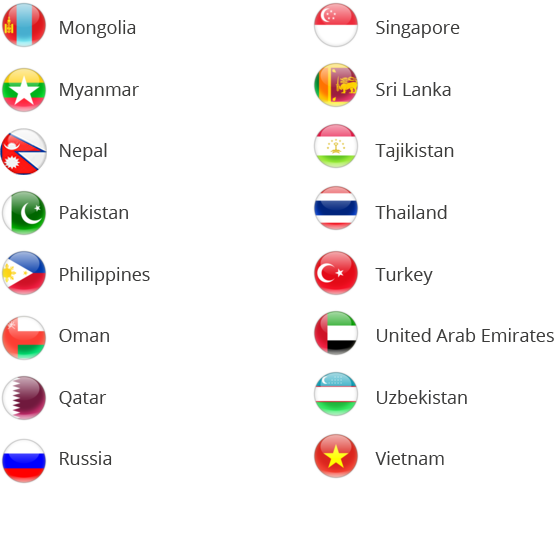
- 29 – 30 April 2004
ACD Workshop on e-Education, Malaysia
The meeting proposed a list of recommendations in the areas of policy, technology, human capacity building and knowledge sharing, which included the setting-up of an ACD Consultative e-Education Committee and a regional centre to coordinate e-Learning initiatives in the region.
- 11 March 2005
Post-ACD e-Education Workshop, Malaysia
This meeting chaired by the Director General of the Ministry of Higher Education (MOHE) Malaysia unanimously agreed that Malaysia should table a proposal to the Islamabad ACD Ministerial meeting on the establishment of AeU.
- 6 April 2005
4th ACD Ministerial Meeting, Pakistan
The Ministers of Foreign Affairs of the 26 member countries then accepted the proposal on the formation of AeU and reaffirmed their countries’ commitment with the following declaration:
Declaration No. 6:
Resolve to ensure the provision of easily accessible and expanded educational opportunities for the people of Asia with the proposal for the establishment of an Asia e University (AeU) which will be an instrument for greater Asia-wide cooperation in closing the digital divide and spearheading e-Education efforts to meet future challenges, for the benefit of the region. - 28 – 29 November 2005
ACD Roundtable Meeting, Malaysia
The roundtable deliberated on practical and policy issues related to the establishment and implementation of AeU.
- 23 – 24 May 2006
5th ACD Ministerial Meeting, Qatar
Representatives of the 28 ACD governments unanimously accepted Malaysia’s proposal to implement the proposed AeU. This was reflected in the Doha ACD Declaration 1.5:
Declaration No. 1.5:
We agree to support the successful implementation of Asia e University as an instrument for human capacity building, closing the digital divide, increasing higher education accessibility, and spearheading e-Education efforts for the benefit of all member countries. - 5 – 6 June 2007
6th ACD Ministerial Meeting, Republic of South Korea
Representatives of 30 ACD governments unanimously accepted Malaysia’s proposal on the establishment and implementation of AeU and this was reflected in the Seoul IT
ACD Declaration 4:Declaration No. 4:
Support joint IT study and research projects among member countries while encouraging strong partnership in IT field both at the government and private levels; in which the Asia e University platform could be effectively utilized to promote and facilitate such initiatives. - 24 – 25 March 2008
3rd ACD Roundtable Meeting, Kuala Lumpur, Malaysia
The meeting was held between participating member countries to propose areas of collaboration on policy and regulatory issues, issues of intellectual property rights, the development of an Asian international curriculum and the European Credit Transfer System (ETCS) for the development of an Asian Credit Transfer System (ACTS).
- 16 October 2008
7th ACD Ministerial Meeting, Republic of Kazakhstan
The Ministers of Foreign Affairs and other Heads of Delegation from 30 member countries of the Asia Cooperation Dialogue (ACD) affirmed the 7th ACD Declaration in the Republic of Kazakhstan as the following:
Note: … the excellent progress of Asia e University (AeU) in Malaysia and agreed to explore the ways and means for the establishment of the Asian Credit Transfer System (ACTS) on a voluntary basis, and reaffirm the role of Asia e University (AeU) as an instrument for human capacity building, closing the digital divide, increasing higher education accessibility and promoting e-Education for the benefit of all ACD member countries.
- 14 October 2009
8th ACD Ministerial Meeting, Colombo, Sri Lanka
The Ministers of Foreign Affairs and other Heads of Delegation from 30 member countries of the Asia Cooperation Dialogue (ACD) acknowledge the following:
The Government of Malaysia reaffirms its commitment as the Prime Mover of e-Education in ensuring the success and sustainability of Asia e University. Malaysia expresses her appreciation of the support of member countries to AeU and particularly in agreeing to voluntarily explore the ways and means for the establishment of the Asia Credit Transfer System (ACTS). The Government of Malaysia would also like to put on record that the Republic of India, through the Distance Education Council has in true spirit and letter of the ACD charter has agreed to recognise Asia e University. This is a milestone and will definitely lead to greater collaboration between Asia e University and the Institutions of Higher Learning in India to not only narrow the digital divide but also to bring internationally recognised education and training programmes to the peoples of Asia.
- 15 – 17 October 2012
1st ACD Summit Meeting, Kuwait
AeU was announced as the most successful ACD Project. Malaysia’s Former Deputy Prime Minister, Tan Sri Muhyiddin Yassin quoted the following:
“Malaysia is a prime mover of e-education with the establishment of the Asia e University. It is regarded as the most successful project among member nations of the Asia Cooperation Dialogue (ACD).”
- 28 – 29 March 2013
11th ACD Ministerial Meeting, Dushanbe, Tajikistan
At the meeting, ACD Member States discussed ways to consolidate and promote cooperation in Asia to fortify Asia’s competitiveness and maximize Asia’s diversity and rich resources, thus leading to economic development in critical areas.
Declaration No. 27:
Take note of the draft Outline Concept Paper on ACD Regional Connectivity, which aims at building intra-regional linkages within the region and helps promote Asia’s inclusive economic and social development by enhancing trade, investment, regional competitiveness and better understanding among peoples in Asia. - 25 – 26 November 2013
12th ACD Ministerial Meeting, Manama, Bahrain
The meeting was held to discuss on important regional and international issues, and review of the role of the ACD and the progress made since the 1st ACD Summit.
Declaration No. 21:
Encourage efforts to expand educational cooperation, promote youth exchange and encourage our communities to play more positive roles in the cooperation to consolidate the social foundation for pan-Asian cooperation. - 9 -10 October 2016
2nd ACD Summit Meeting, Bangkok, Thailand
Asia e University was highlighted as Malaysia’s contribution to e-learning in ACD. Malaysia’s Prime Minister YAB Dato’ Seri Najib Tun Razak quoted the following:
“As a co-prime mover of the education and human resource development pillar, Malaysia reaffirms our commitment to developing the Asia e University into a major educational platform which will enhance people-to-people connectivity among the ACD Member States.”
- 9 -10 October 2016
2nd ACD Summit Meeting, Bangkok, Thailand
Asia e University was highlighted as Malaysia’s contribution to e-learning in ACD.
Read the full articleMalaysia’s Former Prime Minister YAB Dato’ Seri Najib Tun Razak quoted the following in his speech:
“As a co-prime mover of the education and human resource development pillar, Malaysia reaffirms our commitment to developing the Asia e University into a major educational platform which will enhance people-to-people connectivity among the ACD Member States.”
Read the full text of Former Prime Minister’s speech ArticleOnline CoverageNewspaper CoverageXThe Star Online
ArticleOnline CoverageNewspaper CoverageXThe Star Online
Najib to attend Asia Co-operation Dialogue Summit in Bangkok The Star Online
Malaysia can help upskill workers, says donNew Straits Time Online
PM Najib leads Msian delegation to 2nd ACD Summit in BangkokNew Straits Time Online
Najib urges greater unity, collaboration among Asia Cooperation Dialogue states Malay Mail Online
Asia Cooperation Dialogue summit to revitalise cooperation among member statesBernama Online
Asia e University, Malaysia's Contribution To e-Learning In ACD Malaysian Reserve Online
Najib: Asia should promote common development Astro Awani Online
Asia should promote common development, prosperity - NajibHarian Metro Online
Terima pakai tiga dokumen
The Star
Monday, October 10, 2016National Premiere Television News Coverage
Buletin Utama, TV3
Saturday, October 8, 2016 - 15 – 17 October 2012
1st ACD Summit Meeting, Kuwait
AeU was announced as the best ACD project during the ACD meeting in Kuwait
Malaysia’s Former Deputy Prime Minister, YB Tan Sri Muhyiddin Yassin quoted the following:
“Malaysia is a prime mover of e-education with the establishment of the Asia e University. It is regarded as the most successful project among member nations of the Asia Cooperation Dialogue (ACD).”
